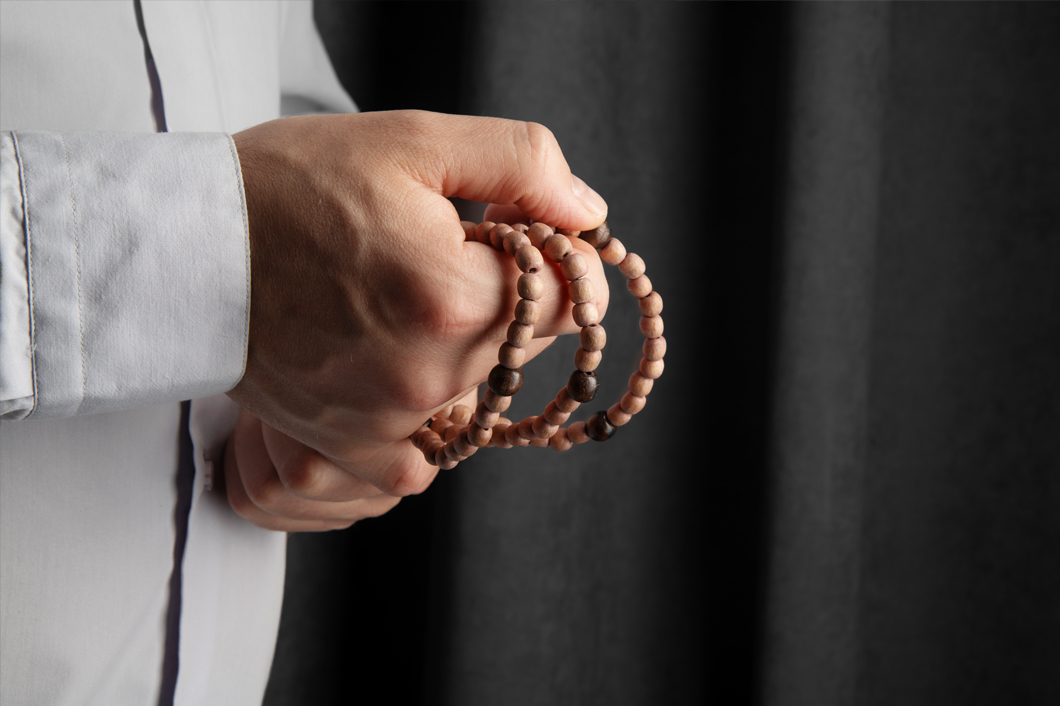Question
Is it permissible to do dhikr, recite naats, or listen to stories of the Prophet ﷺ on Mawlid?
Bottom Line
If Mawlid was Sunnah, the Sahabah would’ve celebrated it first.
Quick Answer
Remembering the Prophet ﷺ through dhikr, poetry, and seerah is good. But fixing his birthday as a religious ritual is an innovation. Neither the Prophet ﷺ nor the Companions did it, and most scholars ruled Mawlid impermissible. A minority allowed it as cultural remembrance, not as Sunnah.
Key Takeaways
- Dhikr and seerah are valid anytime, but tying them to Mawlid is an innovation.
- True love for the Prophet ﷺ is shown through Sunnah acts, not invented rituals.
Detailed Answer
Mawlid gatherings with dhikr, naats, and stories were never practiced by the Prophet ﷺ or his Companions.
Allah says:
“This day I have perfected for you your religion and completed My favor upon you.”
The Prophet ﷺ said:
“Whoever introduces into this matter of ours something that is not from it, it will be rejected.”
Scholars such as Ibn Taymiyyah, al-Shatibi, and the Standing Committee for Fatwa declared Mawlid an innovation. Shaykh Ibn Baz also wrote extensively against it. A minority of later scholars tolerated it as cultural remembrance, if free of sinful acts, but not as Sunnah.
Issues & Precautions
- Mawlid confuses religion with culture, adding rituals with no basis.
- It risks excess, exaggeration, and practices outside Sunnah.
- Some gatherings include impermissible acts—music, free mixing, or shirk expressions.
What You Can Do Instead
| Do | Don’t |
|---|---|
| Study the seerah year-round to deepen love for the Prophet ﷺ. | Restrict his remembrance to the 12th of Rabi‘ al-Awwal. |
| Send abundant salawat daily (Allahumma salli ‘ala Muhammad). | Invent new rituals in his name not taught in Sunnah. |
| Fast on Mondays, as the Prophet ﷺ did and linked to his birth. | Treat Mawlid like an Islamic festival alongside Eid. |
| Hold gatherings for seerah, learning, and dhikr any time. | Call a gathering “Mawlid” or attach religious weight to it. |
What This Means for You
Loving the Prophet ﷺ is shown by Sunnah daily dhikr, salawat, fasting Mondays, and lifelong seerah study, not Mawlid rituals. This keeps love pure and free of innovation.
And Allah knows best
References
Primary Sources
- Qur’an 5:3: Religion perfected, no additions required.
- Sahih Muslim 1718: Whoever introduces innovations, it is rejected.
Secondary Sources
- Ibn Taymiyyah, Iqtida’ al-Sirat al-Mustaqim: On Mawlid as innovation.
- Al-Shatibi, Kitab al-Iʿtisam: Principles of bid‘ah.
- Standing Committee for Fatwa (Vol. 3, pp. 30–31): Mawlid not part of Islam.
- Shaykh Ibn Baz, Majmuʿ Fatawa: On the prohibition of Mawlid.
Modern Research & Reports
- Dar al-Ifta Studies: Cultural expressions tolerated but not rituals.
- IslamQA: Mawlid mixes culture with innovation, often leading to impermissible practices.
Was this helpful?
Leave Your Comments
© Copyright 2025, All Rights Reserved

